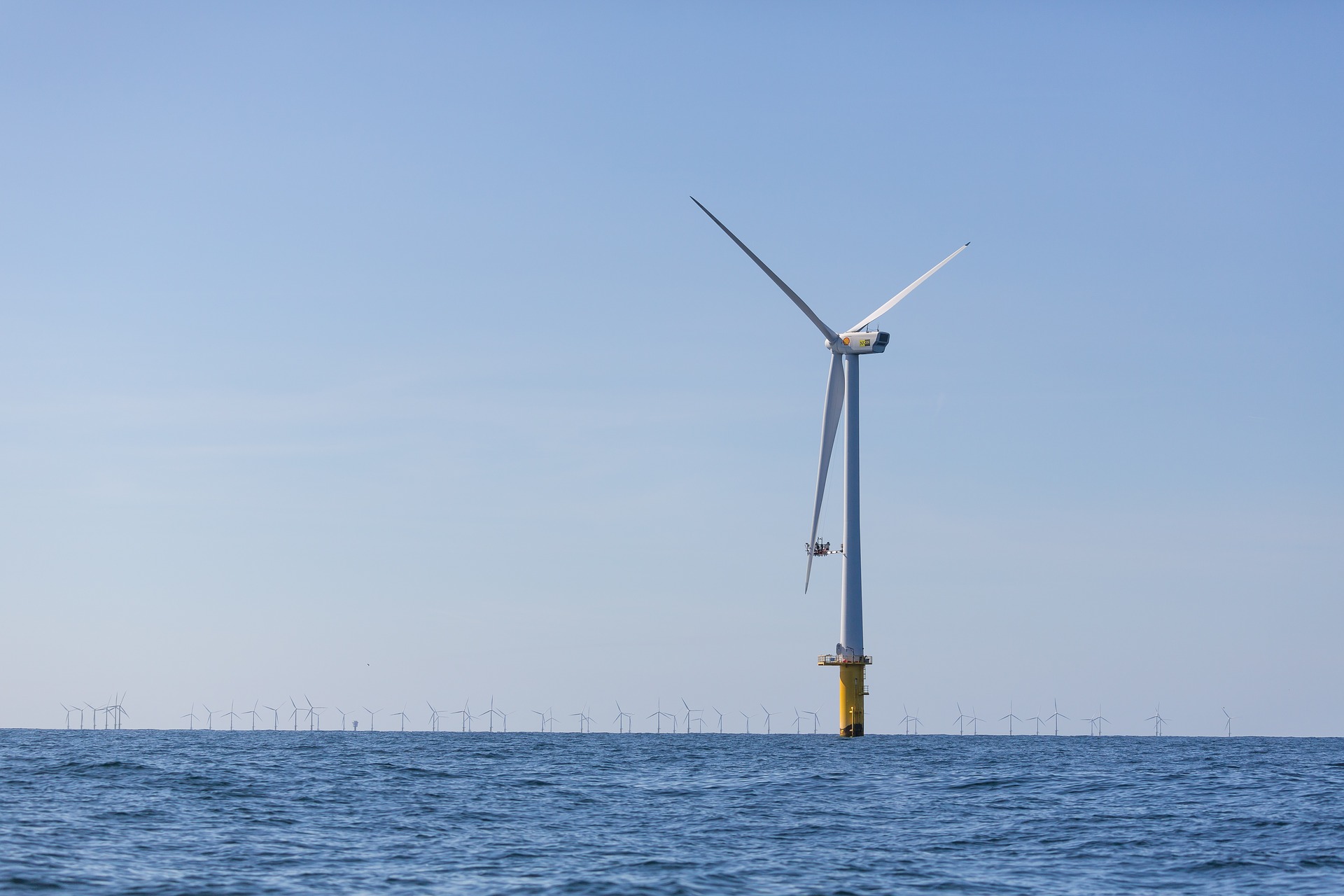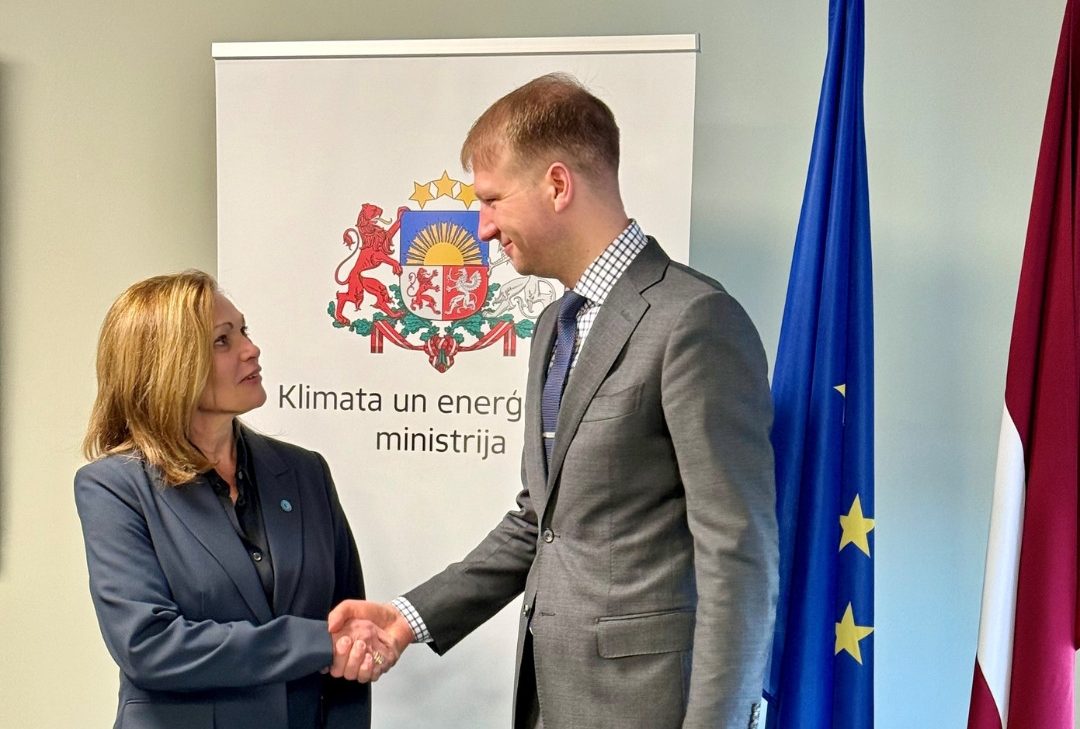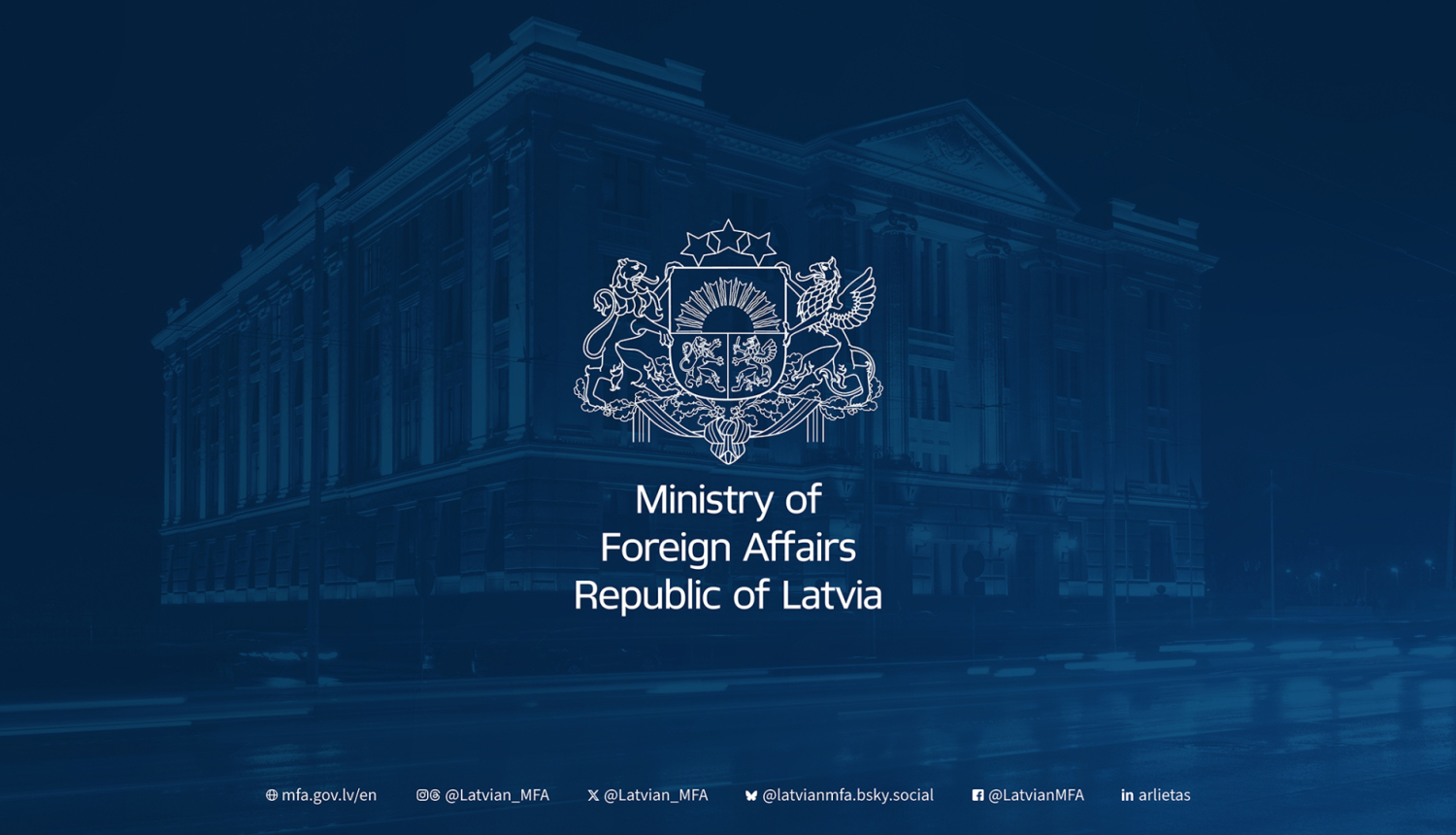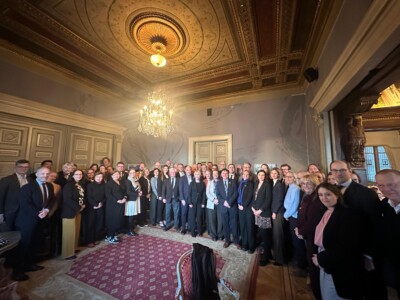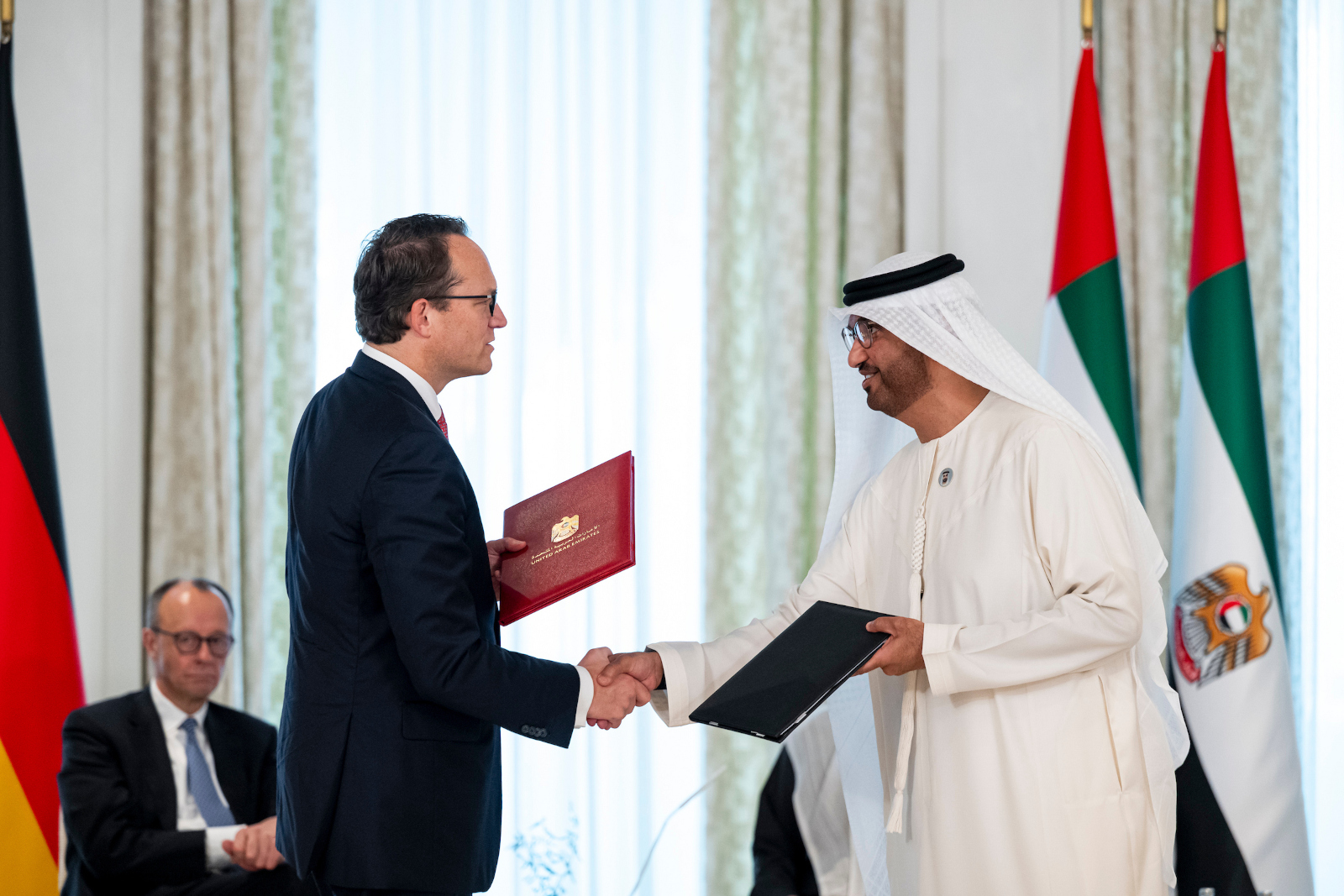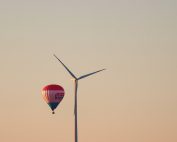Eolus has filed a permit application for the Västvind wind power project, located west of Gothenburg. The project consists of up to 50 turbines with an installed capacity of 1,000 MW and estimated annual electricity generation of approximately 4 TWh.
The offshore wind power project is situated off the western coast of Sweden, outside Öckerö and Kungälv. The project can potentially be completed by 2029 and provide a significant addition of green electricity as required by the major companies in the region as well as other operations. One example of such operations is the Port of Gothenburg, which stands on the threshold of a green transition and thus a sharp increase in its electricity requirements between now and 2030. As part of its commitment to secure the supply of green electricity, Göteborgs Hamn AB has become a joint owner with a 5% stake in the project.
“The annual electricity generation from Västvind is equivalent to all current electricity consumption in Gothenburg. Electricity supply is a critical issue for the region’s continued development and during the spring, the County Governor stated that several offshore wind power projects need to be built in Västra Götaland over the coming years – as well as more onshore wind power projects – to meet the need for 15 TWh of new electricity generation by 2030. Major electricity generation projects in the region that can be completed before 2030 are in short supply. Västvind can be completed by 2029 and is thus necessary if the region is to have a chance of achieving its goal,” says Per Witalisson, CEO of Eolus.
“Without the addition of new electricity generation, the region’s development and thus jobs in the automotive and chemicals industries are under threat. The wind power project itself will create a large number of jobs in the locality, both during the construction phase and when the farm is in operation. Based on a study of incentives and compensation in connection with wind power establishments presented in the spring, the municipalities of Öckerö and Kungälv can also expect to receive several million Swedish kronor per year earmarked for local activities if the proposal is implemented.”
The permit application is to be processed by both the Land and Environment Court in Västra Götaland and the government, as the project is situated in territorial waters, which is the responsibility of the Land and Environment Court, and in Sweden’s economic zone, for which the government is responsible for granting permits. The permit application, including the environmental impact assessment, will be circulated for consultation among relevant stakeholders prior to a decision being taken on the permit.
“I am very pleased that we have now filed the permit application and are thus moving the project forward. Sweden has robust environmental laws and we hope that the feedback from the consultation process will be constructive and will help make the project even better. Our aim is to engage in ongoing dialogue with commercial fisheries, the Swedish Armed Forces, the municipalities and other stakeholders to identify constructive solutions for coexistence that will also allow us to support the development of the stakeholders’ operations. Commercial fisheries have a long tradition on the west coast of Sweden and are an important supplier of food. We have initiated dialogue with them for the purpose of discussing remuneration and compensatory measures for the impact caused by the farm,” says Anna Lundsgård, Head of Offshore at Eolus.
About the electricity situation in Västra Götaland
Västra Götaland is the region in Sweden with by far the highest number of people working in the industrial sector. Electricity generation in Västra Götaland currently accounts for less than one third of the region’s electricity consumption. The Council for the Green Transition in Västra Götaland (Sw: Rådet för grön industriomställning i Västra Götaland), which is led by the County Governor and the chair of the regional council, has stated that a further 15 TWh of new fossil-free electricity generation is required by 2030 to meet the requirements of the current industrial transition and approved new establishments, such as the two battery factories. The Council has identified offshore wind power as the principal source of new electricity generation in Västra Götaland in the period through 2030. (Source in Swedish: https://www.lansstyrelsen.se/download/18.579396b51864b78272023cbe/1676971374013/Brev-till-Busch-och-Pourmokhtari.pdf)
About the Västvind wind farm
- Planned capacity: 1,000 MW
- Planned electricity generation: 4–4.5 TWh per year
- No. of turbines: Up to 50 turbines with a maximum total height of 320 meters.
- Ownership structure: Eolus Offshore AB: 95%, Göteborgs Hamn AB: 5%
- Planned start of construction: 2027
- Planned completion: 2029
- Read more about the project at eolusvind.com/vastvind (in Swedish).
Source: Eolus
